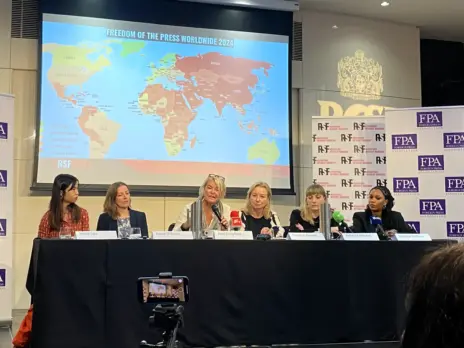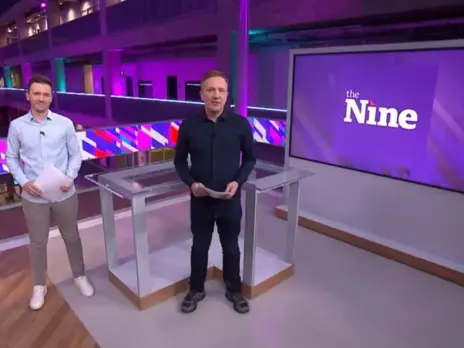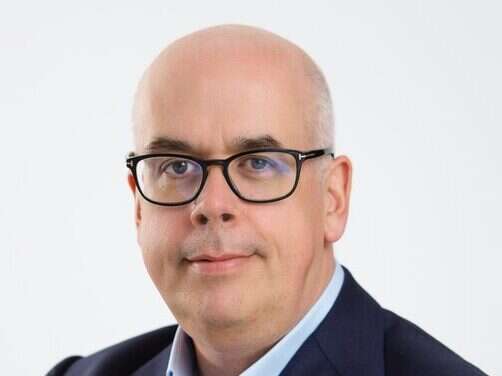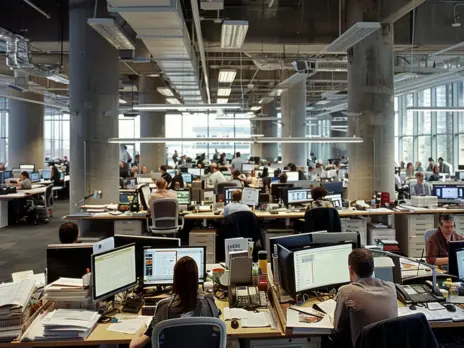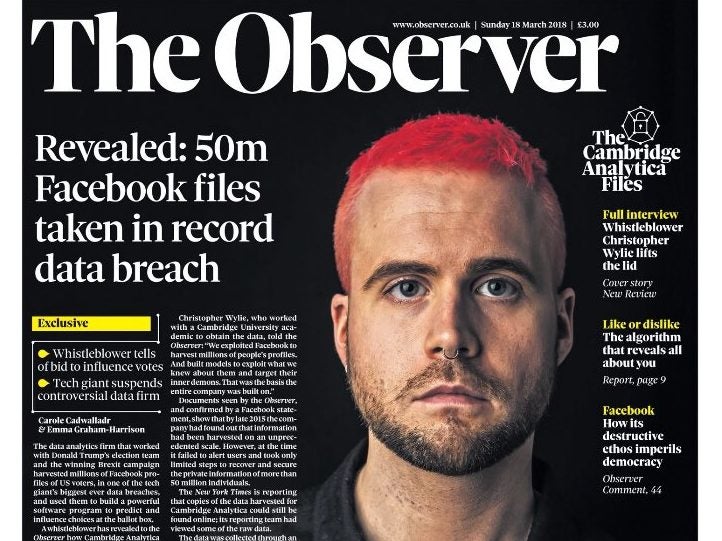
Journalist Carole Cadwalladr has said she became a “news slave” for Cambridge Analytica whistleblower Christopher Wylie after tracking him down on Linkedin.
The resulting Observer scoop took more than a year to bring together, Cadwalladr told BBC Radio 4’s Media Show, and she said she felt “incredibly relieved” that the story is now out there and being well received.
The investigation, which was first published in Sunday’s paper, exposed Cambridge Analytica’s alleged harvesting of the data of 50m Facebook users to influence the US presidential elections.
Cadwalladr said the Observer took the decision to share the scoop with Channel 4 News and the New York Times prior to publishing.
She told the BBC that Facebook had made a “series of missteps” in responding to the revelations and said it had issued legal threats to deter publication.
“Every single decision it seems to make at the moment is the wrong one, starting with trying to take legal action against us on Friday and shut the reporting down,” Cadwalladr said.
The story began in February 2017 when Cadwalladr wrote about US hedge fund billionaire Robert Mercer, uncovering his financial links to the London-based data firm.
Cadwalladr, who has already won prizes for her work on CA and Brexit, said: “I knew I hadn’t got it all,” as she told how she began trawling Linkedin contacting possible sources related to the company.
Eventually one man she spoke to told her to “find Chris Wylie”, adding: “He is the guy who knows about the Facebook data.”
After making contact with Wylie, they began speaking on the phone for two hours a day and she described him as “fascinating, funny and brilliant” person.
She told the BBC that although she “accidentally stumbled” from being a freelance features writer into doing investigative reporting, the story came from chatting to people because “a story always comes from a person”.
The first piece for which Wylie was a source was printed in the Observer Review last May, which was immediately pursued with legal letters despite what she said was a “very very forensic process” from editors and lawyers.
Cadwalladr said: “It’s been such a difficult story to get into the paper because of the legal threats we have had.”
The Observer has now faced three legal threats from Cambridge Analytica and one from Facebook.
During her investigation Cadwalladr began receiving abuse on Twitter, and said the biggest pushback she received on the story was from so-called “tech bros” – men who work in the male-dominated technology industry – because she is a middle-aged woman.
Asked if she felt vindicated by the reaction to the story, Cadwalladr said: “I feel incredibly relieved.
“The amazing team at the Observer leapt into action in the last couple of weeks and I have had support from before then, but that’s been a wonderful experience having been out there alone at my kitchen table for a very long time with just the trolls and Julian Assange to keep me company.”
She added: “The tech bros really hated this story right from the start and I got a lot of pushback because I’m a woman and I’m middle aged and I’m really not very technical.
“But of course it’s the political and it’s the human and it’s the social and it’s the philosophical bits of technology that interest me.
“There’s been a real failure of tech journalism, I think, which is that tech journalism has been reported by technology reporters for people interested in technology and communicating issues to the mainstream has been something actually that I’ve been trying to do for several years.”
Wylie insisted she should partner with a US news organisation so the story was also heard by an American audience. She joked that she became a “news slave” in the pursuit of collaboration with the New York Times.
Cadwalladr said: “Chris [Wylie] kept saying: ‘I hate the media, people are so competitive, why are news organisations so competitive with one another, what’s good for one is good for all’ – which has been proved absolutely correct.”
“He sent me out as his news slave essentially to try and lure in the New York Times,” she added. “It was a long process, we approached them last August. This story has been a long time brewing.”
Channel 4 News also said it had received legal threats over its undercover reporting in which reporters met senior executives of Cambridge Analytica.
Asked if they were working on the investigation themselves before the collaboration began, Cadwalladr said: “No, Channel 4 didn’t have anything until we hoved into view really. They’d started thinking about Cambridge Analytica in Kenya which is why they got in touch with me.
“Because undercover filming is an incredibly difficult thing to get permission for, they had to go through this legal and compliance procedure and for that they used all of my reporting and evidence I’d gathered over a ten-month process to be able to go forward and get that permission and then go in with their camera crews and do the great job that they have.”
Cadwalladr also revealed there is “lots more” to come in the story.
Reflecting on Facebook’s reaction to the revelations so far, and the subsequent loss of $60bn from the company’s stock market value, she said: “We had no idea that this would happen to Facebook. It’s like they strapped a suicide bomb to their backs and we watched them spectacularly implode through a series of missteps.”
She thought it was “remarkable” Facebook has tried to “put the blame on everybody else” since the story broke “when it’s been absolutely clear that it’s its own failures which are staring it hard in the face”.
Since Trump’s election in 2016, Cadwalladr said, Facebook had “refused to acknowledge that there have been problems” and has now been forced into a corner by the latest reporting which contains “proof they can’t ignore”.
Just hours after Cadwalladr was speaking yesterday, Facebook chief executive Mark Zuckerberg broke his days-long silence to apologise for past failures at the company.
Zuckerberg wrote in a statement: “I started Facebook, and at the end of the day I’m responsible for what happens on our platform. I’m serious about doing what it takes to protect our community.
“While this specific issue involving Cambridge Analytica should no longer happen with new apps today, that doesn’t change what happened in the past.
“We will learn from this experience to secure our platform further and make our community safer for everyone going forward.”
He said Facebook had changed in 2014 to “dramatically limit the data apps could access” and that the company had received formal certification in 2015 that Cambridge Analytica had deleted all improperly acquired data.
Cambridge Analytica has strongly denied the claims made in the Observer, the New York Times and Channel 4.
It said in a statement said: “In 2014 we received Facebook data and derivatives of Facebook data from another company, GSR, that we engaged in good faith to legally supply data for research.
“After it subsequently became known that GSR had broken its contract with Cambridge Analytica because it had not adhered to data protection regulation, Cambridge Analytica deleted all the Facebook data and derivatives, in cooperation with Facebook.
“This Facebook data was not used by Cambridge Analytica as part of the services it provided to the Donald Trump presidential campaign; personality targeted advertising was not carried out for this client either.”
The UK Information Commissioner is currently investigating the company.
Picture: The Observer
Email pged@pressgazette.co.uk to point out mistakes, provide story tips or send in a letter for publication on our "Letters Page" blog

